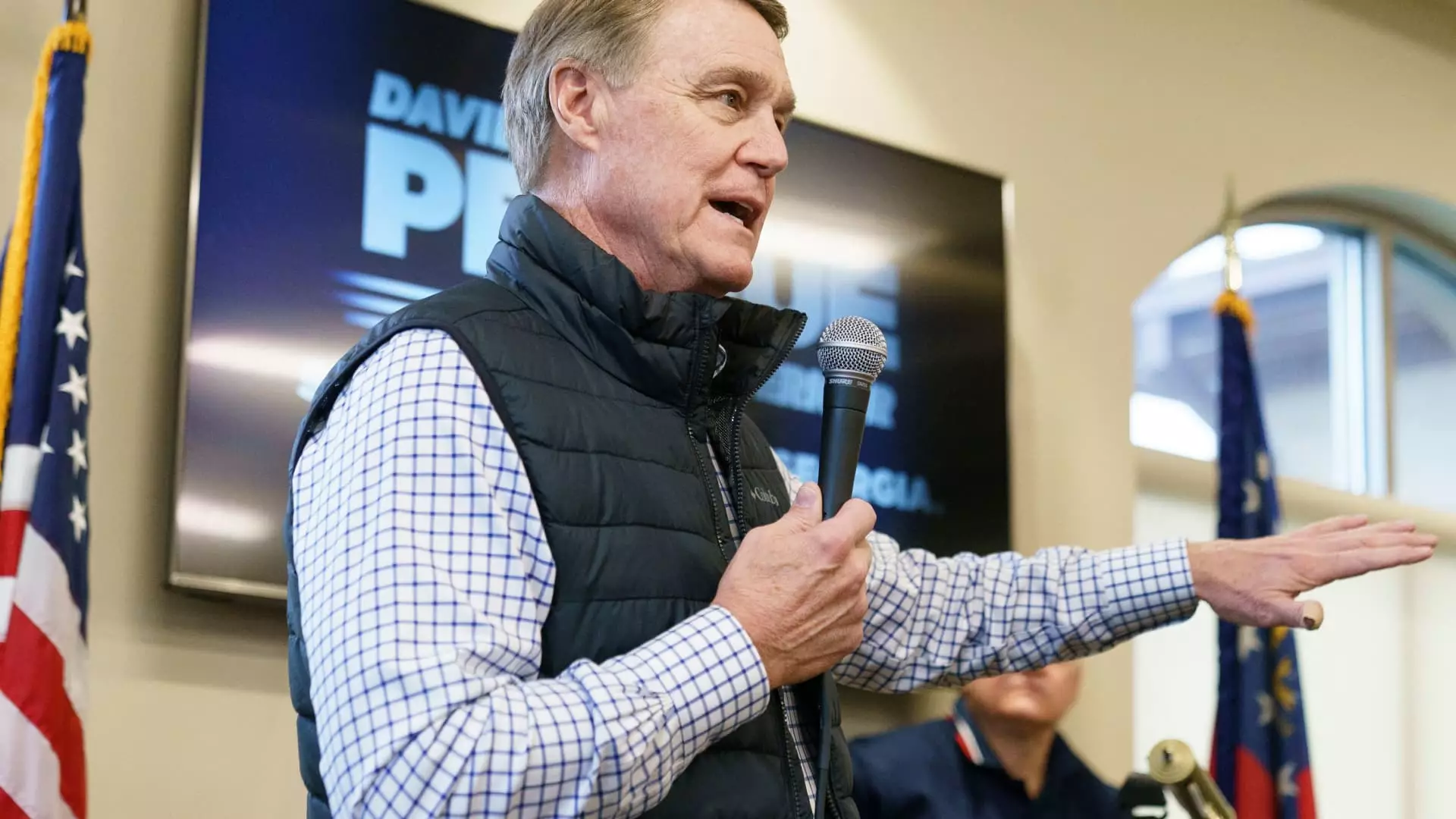In a significant move aimed at shaping U.S.-China relations, President-elect Donald Trump has nominated former Georgia Senator David Perdue as the ambassador to China. This selection highlights Trump’s inclination to weave together political and business expertise as he prepares to tackle one of the most challenging diplomatic landscapes. As tensions simmer between the two nations over trade, cybersecurity, and geopolitical influence, Perdue’s background as a businessman coupled with his political experience could play a crucial role in navigating these turbulent waters.
The relationship between the United States and China is historically complex, compounded by a series of trade disputes, human rights concerns, and military provocations in the South China Sea. Trump has been vocal about his intention to impose a 10% tariff on Chinese goods unless the country addresses the fentanyl crisis—an issue that resonates deeply in American communities grappling with the opioid epidemic. This economic strategy, underscored by a willingness to escalate tariffs beyond 60%, reflects a fundamental approach to foreign policy that has been both lauded and criticized.
Perdue’s Business Acumen and Political Experience
David Perdue’s previous tenure in the Senate from 2015 to 2021 provides him with a political foundation that is intertwined with his extensive business career, including time spent in Hong Kong. His understanding of East Asian markets may allow him to foster dialogue and negotiation, which are essential in mitigating trade tensions. The expectation is that Perdue could leverage his ties and insights to successfully advocate for U.S. interests while remaining diplomatically astute with Chinese officials.
As Perdue assumes this critical role, one must consider the potential reactions from Beijing. Analysts suggest that the Chinese government may opt for direct negotiations with Trump, viewing Perdue’s appointment in the context of broader diplomatic strategy rather than solely through the lens of trade relations. Historically, ambassadors have played pivotal roles in managing bilateral engagements, yet the landscape has shifted significantly in the face of populist politics. This means that the ambassador’s influence might be eclipsed by broader executive actions and the pressing need for high-level dialogue.
The Road Ahead: Challenges and Opportunities
The nomination of David Perdue signals a renewed commitment from the Trump administration to confront China’s assertiveness. However, the complexities of this diplomatic endeavor cannot be understated. Striking a balance between maintaining national interests and fostering cooperation will be essential. Moving forward, the American public, policymakers, and analysts alike will be closely monitoring how effectively Perdue translates his business acumen into successful diplomatic relations, potentially reshaping the future of U.S.-China engagement in profound ways. The stakes have never been higher as both nations teeter on the brink of confrontation or collaboration in an increasingly interconnected world.


Leave a Reply